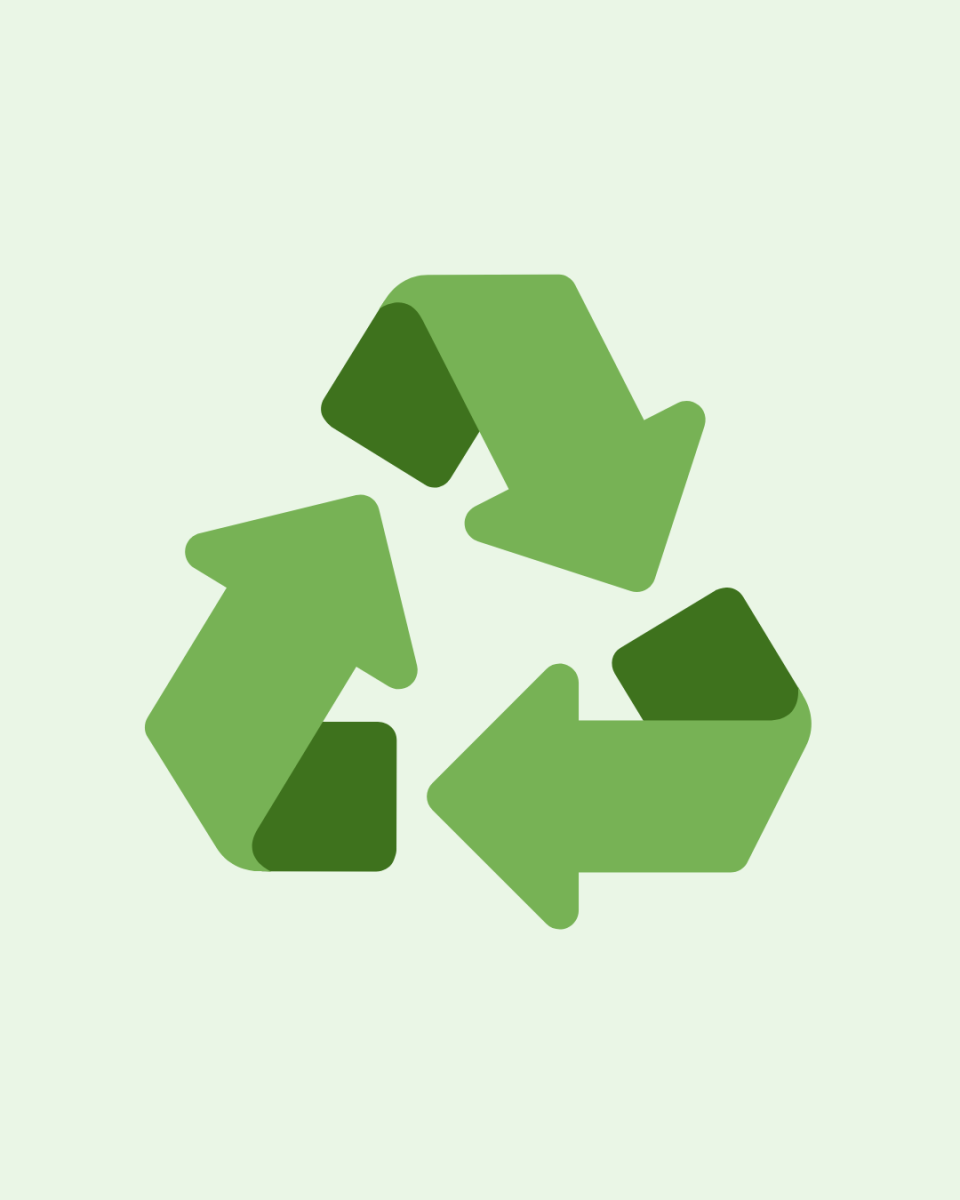GCSU’s Office of Sustainability conducted a waste audit on Nov. 8 at the West Campus recycling center, revealing a significant recycling crisis. The audit, performed in partnership with Keep Milledgeville Baldwin Beautiful as part of the America Recycles Day initiative, highlighted major contamination issues that undermine the university’s recycling efforts.
“The Office of Sustainability conducts one waste audit per semester, usually in conjunction with America Recycles Day in the fall and Earth Day in the spring,” said Lori Hamilton, Chief Sustainability Officer. “This year, a group of students suggested the West Campus recycling center as the location.”
During the audit, bins labeled for recycling and trash were emptied and sorted into separate piles by hand.
“In the past, West Campus performed better at keeping contamination levels low,” Hamilton said. “However, this time, there was as much trash as recyclables in the bins.”
Piper Zegers, a junior mass communication major, expressed an upset about the trash that would end up in the wrong place and its negative impacts on the environment. For the first-time participants, the results were shocking.
The contamination did not stop at misplaced items; it also included food waste, which poses additional challenges.
“The more that we educate people about what can be recycled vs. what is trash and designated areas for recycling, the less problems like this will happen,” said Meghan Mainor, a junior environmental science major.
The consequences extend beyond wasted recyclables. Contaminated bins attract pests like flies and raccoons, create unpleasant odors and ultimately increase the campus’s trash output, all of which conflict with GCSU’s sustainability goals.
To tackle the issue, the Office of Sustainability is intensifying its educational outreach. The team is focused on raising awareness about proper recycling practices through presentations, partnerships with student organizations and enhanced signage at waste stations around campus.
“It is a way to reduce the amount of waste that is going to our landfills. Recycling also reduces the need for extracting new raw materials. If we reuse and recycle materials that have already been created, the demand for new materials will lessen,” Mainor said.
The office also collaborates with students to spread awareness and promote responsible recycling habits.
“I recycle when I am on campus,” Mainor said, “Being conscious about where the items you use every day and where they will end up is extremely important. The more people consciously consume goods, the less waste we will have. Recycling when you can is always a great thing to do.”
GCSU’s Sustainability Council is revising the university’s Recycling Plan with the help of facilities management. The plan aims to streamline waste management and improve campus-wide recycling outcomes.
“I’ve been recycling since I was a little kid,” Zegers said. “We even had a compost farm in the backyard of the house I grew up in.”
Recycling is only one facet of GCSU’s broader commitment to sustainability, Hamilton highlighted several other initiatives, including a composting program and a unique glass collection system. The composting program partners with Sodexo and Dining Services to process both pre- and post-consumer food waste.
The glass collection system reduces discarded glass to a sand-like substance used on campus in gardens and recreational spaces.
“We’re fortunate to have a ‘green fee,’ a Sustainability Fee Program that provides financial support for research projects and internship opportunities,” Hamilton said.
For recycling efforts to succeed, Hamilton urges students and staff to adopt more mindful waste disposal habits. She also encourages the campus community to engage with the Office of Sustainability by inviting presentations, asking questions and contributing ideas.
“Our programs are driven by a shared commitment to environmental stewardship,” Hamilton said. “By working together, we can ensure that sustainability remains at the forefront of campus life.”


